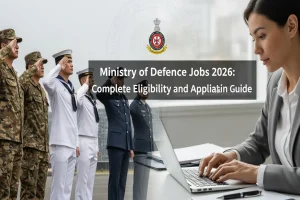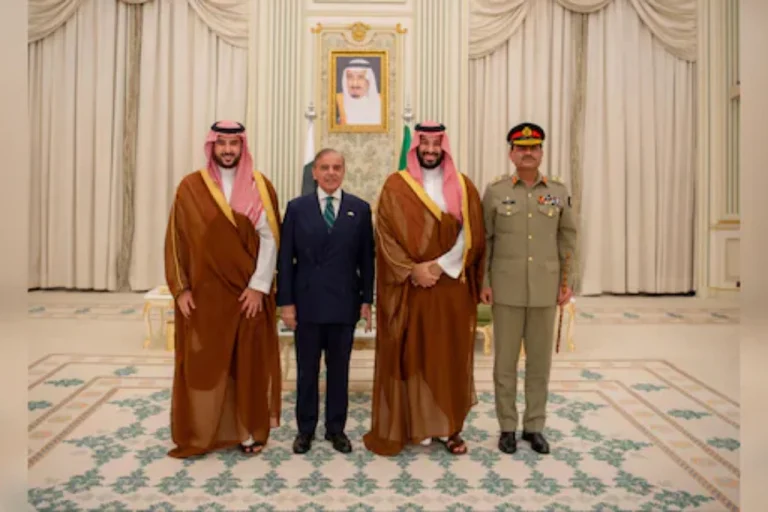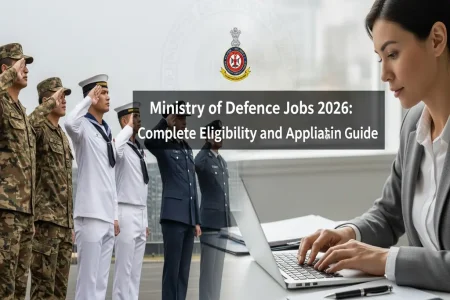The Strategic Mutual Defence Agreement between Saudi Arabia and Pakistan signed at Riyadh on Wednesday is a significant move between the two nations.
Though Pakistan and Saudi Arabia have had a history of defence relationship dating back to 1960s this time round, the pact takes it a notch higher with Pakistani troops deployed in the kingdom at various occasions.
It strengthens earlier agreements and clearly states that any aggression against one country will be treated as aggression against both.
Reports suggest that the deal had been under discussion for some years. However, it was very timely and it occurred several days following the invasion of Qatar by Israel. This shows that the Gulf countries like Saudi Arabia are starting to realize that though they are close allies to the US, they do not always feel safe with them. This is the reason why they are seeking serious partners. Pakistan, with its trusted military and strong ties with Gulf monarchies, naturally fits this role.
Still, some questions remain. For example, the subcontinent’s situation is already tense. Even though Saudi Arabia has friendly relations with India, would Riyadh actually step in to defend Pakistan if India launched another attack? This uncertainty needs clear answers, especially since India has not ruled out future aggression. Actually, the foreign ministry of New Delhi has stated that it is contemplating the implications of the agreement.
Regardless of these fears, the transaction is a significant diplomatic and strategic triumph of Pakistan. It can even enhance the close relationship that exists between Islamabad and Riyadh. It can even influence other Gulf countries to sign such agreements with Pakistan in future.
In a larger perspective though, the region is still not a strong collective security system. The currently existing counter-terrorist alliance of the Islamic Military Counter Terrorism Coalition (IMCTC) which was established in 2015 and is led by the former army chief of Pakistan General Raheel Sharif can be turned into such a platform.
At present, this 43-member alliance is underutilised. If expanded to include Iran and other Muslim countries, it could become a powerful force against external threats, especially Israel, which remains a serious danger to Palestinians and the wider Muslim world.
The foundation of a kind of “Muslim NATO ” already exists. What is needed now is unity among Muslim states to open its doors wider and build stronger defence capabilities. Such a coalition would not only help protect Palestine and other Muslim nations from aggression, but also send a strong warning to any country considering hostility against Pakistan.







